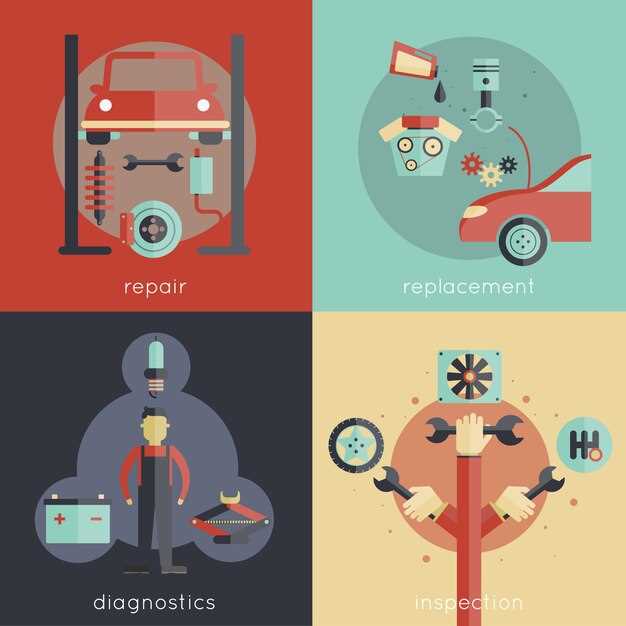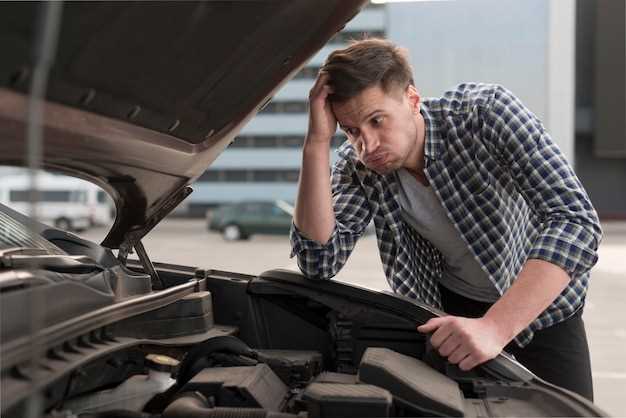
How to tell if your brakes are failing

Brakes are one of the most critical safety features of any vehicle, and understanding the potential symptoms of brake failure is essential for every driver. Ignoring warning signs can lead to severe accidents and costly repairs. Recognizing when your brakes may be failing can save lives and provide peace of mind while on the road.
One of the most common symptoms of brake issues is an unusual noise when applying the brakes. Grinding, squeaking, or squealing sounds can indicate worn brake pads or other underlying problems. Additionally, if you notice a decrease in responsiveness or the brakes feel spongy when pressed, it’s a signal that something is amiss.
Other crucial symptoms to watch for include a pulling sensation to one side while braking or a vibrating brake pedal. These signs suggest potential issues with your brake system, such as uneven wear or malfunctioning brake components. Regular inspections and being aware of these warning signs can help ensure your vehicle remains safe and reliable on the road.
Unusual Noises When Applying Brakes

Hearing unusual noises when applying brakes can be a significant indicator of potential brake failure. Common sounds include squeaking, grinding, and clicking, each pointing to different issues that may require immediate attention.
Squeaking noises often result from worn brake pads. When the pads wear down, a metal indicator may come into contact with the rotor, producing a high-pitched sound. This is a warning sign that the brake pads need replacement to prevent further damage.
Grinding noises typically signify that the brake pads have worn completely down, allowing the metal backing plate to make contact with the rotor. This not only compromises braking efficiency but also causes extensive damage to the rotor, leading to expensive repair costs.
Clicking or popping sounds may indicate loose components within the braking system, such as caliper brackets or hardware. This could lead to a decrease in braking performance and should be inspected promptly to ensure safe driving conditions.
If you notice any of these unusual noises, it is crucial to have your brakes diagnosed and repaired by a qualified mechanic. Timely intervention can help avoid more severe damage and ensure the safety of your vehicle.
Feeling Vibrations or Pulsations in the Brake Pedal

Experiencing vibrations or pulsations in the brake pedal is one of the significant symptoms that may indicate a problem with your braking system. This sensation often arises when the brake rotors become warped or unevenly worn, causing the brake pads to engage irregularly during application.
When your brakes are functioning correctly, the pedal should feel steady and firm. However, if you notice a shaking or pulsating feeling, it’s essential to address the issue promptly. Such vibrations can lead to decreased braking efficiency, increasing the risk of accidents.
Furthermore, if you notice this symptom alongside other issues, such as a grinding noise or longer stopping distances, it further emphasizes the importance of having your brakes inspected. Ignoring these symptoms could lead to more severe damage and costly repairs in the future.
Regular maintenance and timely inspections are crucial for ensuring the safety and reliability of your vehicle’s braking system. If you feel any unusual vibrations in the brake pedal, consult a professional mechanic to diagnose and resolve the issue.
Increased Stopping Distance or Brake Fade
One of the most critical indicators of failing brakes is an increased stopping distance. When you press the brake pedal, the vehicle should decelerate promptly. However, if you notice that it takes significantly longer for your vehicle to come to a complete stop, this could be a sign of brake fade or other underlying issues. Brake fade occurs when the brake components, such as the pads or rotor, reach high temperatures and lose their effectiveness, resulting in diminished braking power.
Brake fade can be caused by several factors, including excessive heat generated from prolonged braking, worn brake pads, or issues with the brake fluid. When the brake pads become too thin, they may not provide adequate friction against the rotors, further extending stopping distances. Inadequate brake fluid can also lead to air entering the brake lines, reducing hydraulic pressure and, consequently, braking efficiency.
If you experience a noticeable change in your vehicle’s stopping performance, it is crucial to repair the braking system promptly. Ignoring these signs can lead to more severe damage, increased repair costs, and potential safety hazards on the road. Regular maintenance and inspections of your brake system can help prevent these issues and ensure your vehicle stops reliably when needed.